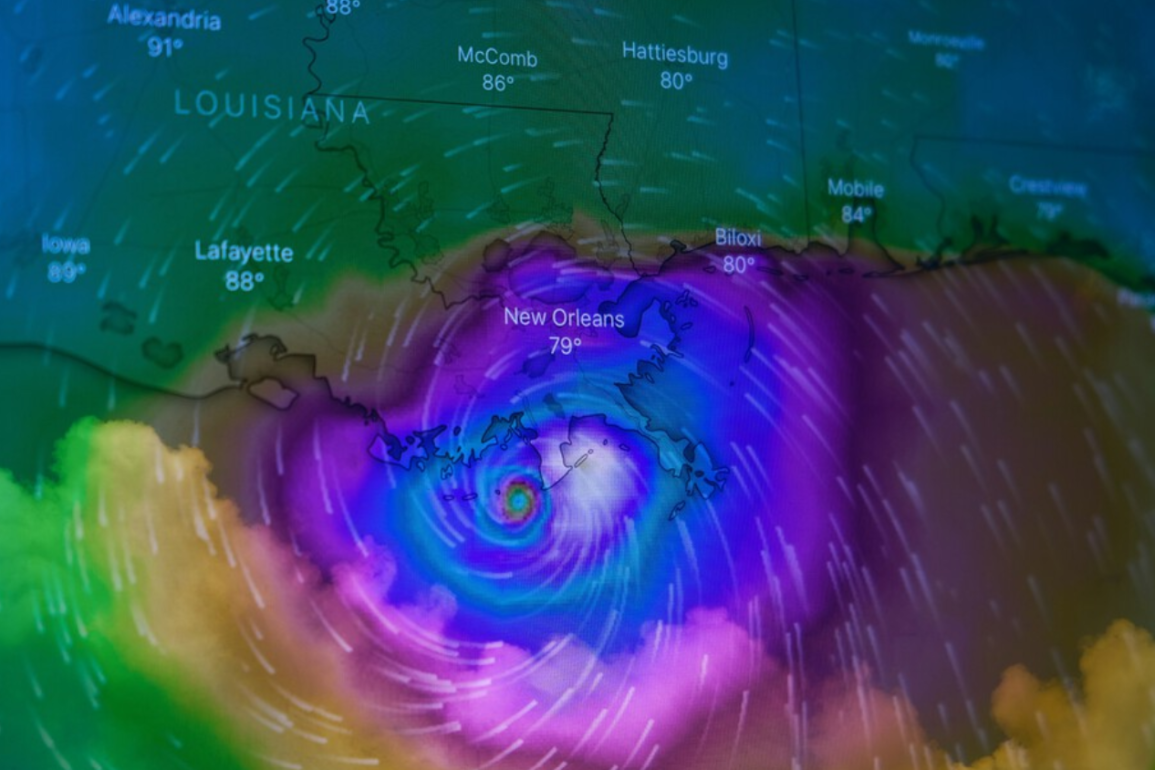Google DeepMind’s AI-powered weather prediction model, GenCast, is making waves in meteorology with its remarkable accuracy. Recent research shows that GenCast outperformed ENS, a leading traditional forecasting system operated by the European Centre for Medium-Range Weather Forecasts (ECMWF), 97.2% of the time when tested on 2019 data. This development marks a significant leap forward in the evolution of weather forecasting tools.
GenCast relies on machine learning to analyze patterns in four decades of historical weather data (1979–2018). Unlike traditional models, which simulate atmospheric physics using complex equations, GenCast uses AI to predict future conditions.
The model is particularly adept at forecasting tropical cyclone paths, providing an average of 12 additional hours of warning compared to traditional methods. It also excels in predicting extreme weather events and wind power production up to 15 days in advance.
“Weather impacts nearly every aspect of our lives, making it one of the biggest scientific challenges,” said Ilan Price, a senior research scientist at DeepMind. “GenCast represents a significant step in advancing AI to benefit humanity by improving our ability to predict and respond to severe weather.”
Despite its success, GenCast was tested against an older version of the ENS system, which has since improved its resolution. This raises questions about how the AI model would perform against the latest ENS technology. Nonetheless, GenCast’s speed and efficiency stand out—it generates a 15-day forecast in just eight minutes, significantly faster than physics-based models.
While GenCast operates at a 0.25-degree resolution, ENS has advanced to 0.1-degree resolution since 2019. However, resolution isn’t the sole determinant of forecasting accuracy. GenCast’s efficiency could also address concerns about the environmental impact of energy-intensive AI systems, although the sustainability of its training process remains unclear.
The model has room for improvement, including scaling up its resolution and providing predictions at shorter intervals to enhance usability for real-world applications like wind power planning.
“There’s growing interest in AI for forecasting, but the meteorological community is still evaluating its potential,” said Stephen Mullens, a meteorology professor at the University of Florida. “AI models don’t inherently use physics, so we’re trying to understand their strengths and limitations.”
DeepMind has released GenCast as an open-source model, inviting meteorologists and other practitioners to explore its capabilities. “By sharing this tool, we hope to foster trust and enable widespread social impact,” Price emphasized.
GenCast is not a replacement for traditional forecasting systems but a complementary tool that could transform how we predict and respond to weather events, particularly in an era of increasing climate unpredictability.



